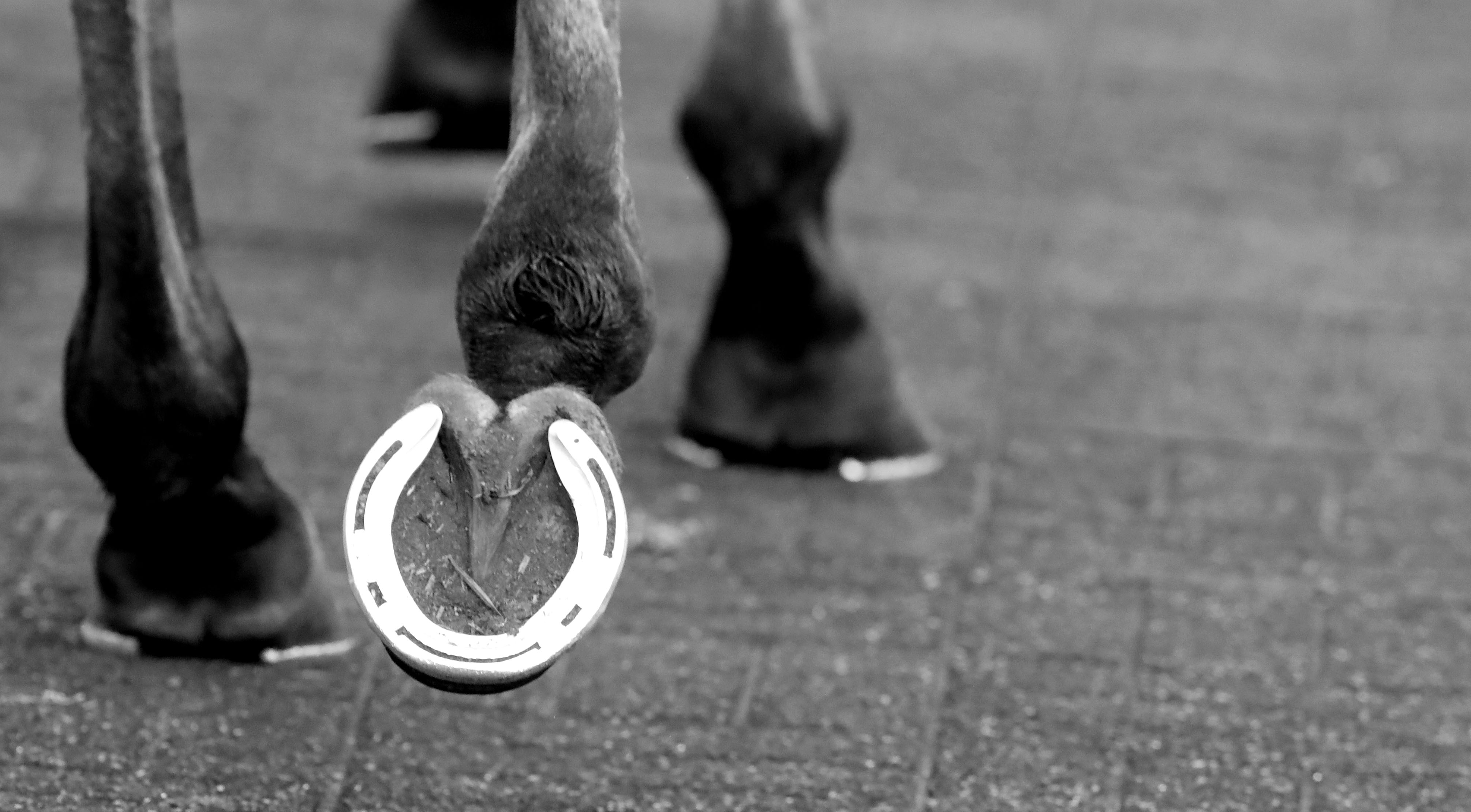
British racing is committed to high standards of horse welfare and proud of the care and respect shown to horses every day by the thousands of staff who work in our sport.
There are a number of key points that we would ask people to note:
- British racing has strict rules on the use and design of the whip. We firmly believe that, with the appropriate design and these strict controls in place, the whip does not compromise the welfare of horses during a race.
- The officials from the British Horseracing Authority (BHA) who apply the rules are independent from racing’s participants. The penalties in place can lead to substantial bans or fines for breaches of the rules.
- British racing constantly uses evidence, research and consultation with the industry to evolve and improve its policies and rules, when it is required or appropriate.
Whips are carried as an essential aid to horsemanship and safety, which this Labour party policy proposal acknowledges. This is consistent across most equine activities.
The design of the whip is foam-padded and energy absorbing. The thresholds for use are set well below the point at which its use might compromise the welfare of a horse. These have been in place since 2011 and other racing jurisdictions have moved subsequently to introduce similar measures. Our jockeys have responded well to the introduction of these rules and the number of examples of breaches of the rules has fallen significantly over that period.
Only one horse has been marked or “wealed” by use of the whip in each of the last two years, and none the previous year, meaning only two horses have been marked from in excess of 225,000 runners in the last three years.
British racing’s whip rules were recently endorsed by the Department for Environment, Food and Rural Affairs (Defra), who stated that they are “satisfied that the rules in place are sufficient to restrict and limit the use of the whip in horseracing”.
A new Horse Welfare Board has been established, independently chaired by a former President of the Royal College of Veterinary Surgeons, which is developing a new welfare strategy for the industry. This demonstrates our commitment to continuous improvement of the current high standards.
The BHA has, since earlier this year, been undertaking a research project. This is a significant project which will comprise several strands, including analysis of all data compiled since the last whip review in 2011 and of existing scientific papers. In addition, the Horse Welfare Board is instigating polling and attitudes research amongst the racing industry and wider public in the coming months. The findings of the research project and polling will then be discussed by the Horse Welfare Board before the end of the year.
Commenting further, the Executive Director of the British Horseracing Authority, Will Lambe, said;
“British racing’s high standards of horse welfare have been recognised by successive governments of all parties. We are confident that any external scrutiny of our sport will recognise the dedication and care shown by racing staff, including our jockeys, and the high quality of life experienced by our horses.
“We respect the right of politicians to ask questions of our sport and we can – and do – reassure them of the high standards of welfare in British racing, and the steps we are taking to enhance our welfare record and reputation. We have had constructive engagement with Labour’s Shadow Defra team to date, and will respond in a measured and united way as a sport to ensure that the appropriate facts and information are set out confidently and fairly.”
